Iran ready to forge stronger ties with Sri Lanka, Raisi says
Iran agreed to build project in 2010 but funds dried up after it released $50 million
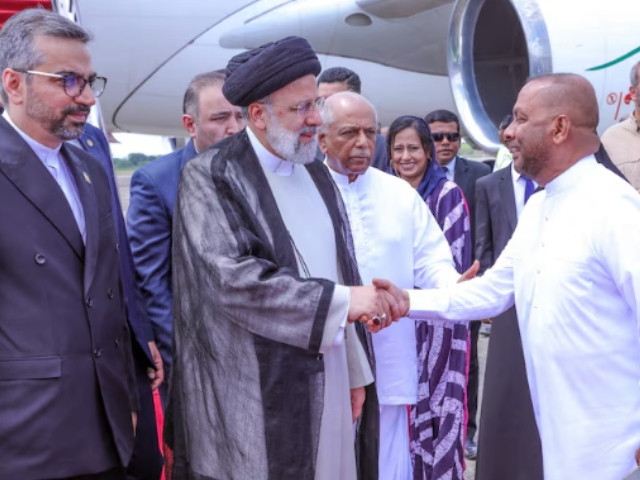
Iran is ready to strengthen ties with Sri Lanka and other Asian countries, its president, Ebrahim Raisi, said on Wednesday, during a short visit to the island nation, the first by an Iranian president in 16 years.
The two countries are set to sign five pacts, or Memorandums of Understanding (MoUs) on the visit, only the second since one in April 2008 by Iran's then president, Mahmoud Ahmadinejad.
Opening a $514-million hydro power project, Raisi pledged to support development projects in the Indian Ocean island by providing technical and engineering services.
"We stand fully ready to further expand bilateral relations with all Asian countries, our neighbouring countries, and sovereign and independent states," Raisi said.
Sri Lanka is a sovereign, independent country that has aligned policies with Iran, enabling co-operation to create a shining future for both nations, he added.
Iran agreed to build the project in 2010 but funds dried up after it released $50 million, as US sanctions imposed later that year on the Middle East nation made it hard to transfer money, forcing Sri Lanka to fund the rest.
The project was also held up because of the COVID-19 pandemic, environmental concerns and protests from villagers.
The project will add 120MW to the national grid, while supplying water to 6,000 hectares (15,000 acres) of farmland and drinking water to thousands of families in three districts, the office of Sri Lanka's president said in a statement.
"What is common with us we should strengthen," President Ranil Wickremesinghe said at the event. "We are all countries that belong to the south at a time when the south wants to establish its own identity and its own independence."
He was referring to the concept of the global south, which emerged to designate developing, emerging or lower-income countries, mostly in the southern hemisphere, and replace the term "Third World" after the Cold War ended.

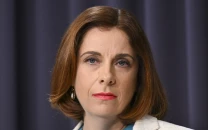
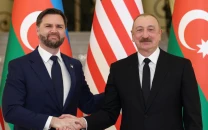
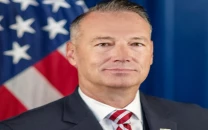
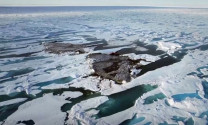
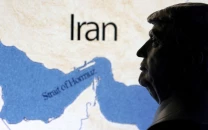
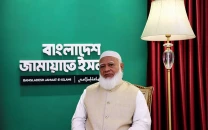












COMMENTS
Comments are moderated and generally will be posted if they are on-topic and not abusive.
For more information, please see our Comments FAQ